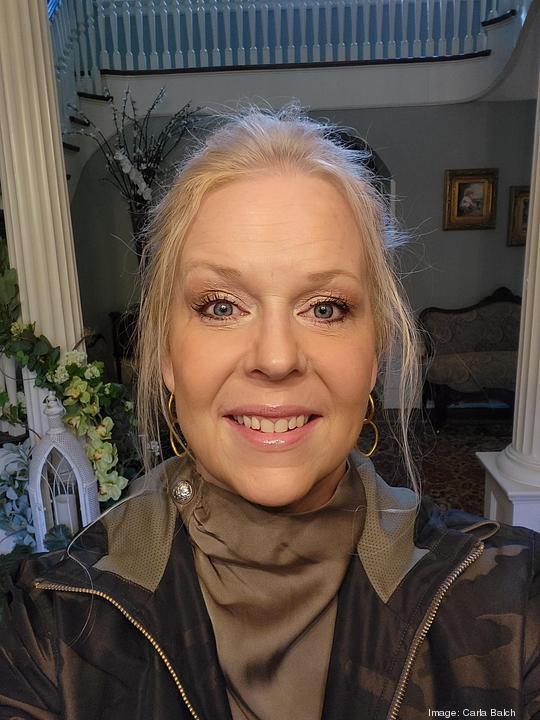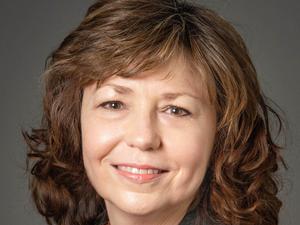
Because cancer patients often get treatments at multiple offices, with multiple physicians, local med tech startup Spesana provides an aggregated medical record to ensure each cancer patient gets the best, most efficient care possible based on their overall needs.
Its platform melds molecular diagnostic reports with electronic medical records, prior authorization, payer processes, approved drugs and pathways, clinical trials, clinical literature, and scheduling.
As CEO Carla Balch said, Spesana is “a wing man” for physicians.
Now, thanks to a new partnership, that wingman has added a new tool to its belt.
Spesana has partnered with Biodesix Inc., a Colorado-based diagnostics solutions business that provides molecular diagnostics tests, with a focus on lung cancer. A public company, it earned $45.5 million in FY 2020, according to its latest annual report, and will provide Spesana’s clients — like physicians — a streamlined, efficient way to order molecular diagnostic tests for their patients.
For now, the collaboration provides tests for lung cancer patients. But when Biodesix launches whole genome tests and liquid biopsy tests — this is expected to come in the first half of 2022 — the opportunity will extend to patients of all cancer types.
“These people are on fire,” Balch said of the Biodesix team. “They don’t think like a molecular diagnostic lab, where they’re only worried about blood tests and tumors. They are innovating all of the wraparound support physicians need to understand molecular diagnostics.”
Why molecular diagnostic tests
Molecular diagnostic tests are important, as they look for genomic and molecular alterations, and can make cancer patients eligible for targeted therapy — a cancer drug customized for the individual, who has a specific cancer mutation or alteration.
This can be more effective than standard, general cancer treatments, but according to Balch, you’re not considered for it unless you get tested. And initially, since many cancer patients aren’t given the test, they’re prescribed a more standard, first-line treatment.
It’s only if this doesn’t work that they’ll be considered for a molecular diagnostic test, when they likely should have been tested sooner.
“They [molecular diagnostic tests] should be done sooner and more often,” Balch said.
Going hand in hand with her opinion about the tests is her assertion that the number of targeted therapy treatments is on the rise. The bulk of new cancer drugs in the development pipeline, she explained, are for targeted therapies.
“Pharma already understands, as do molecular diagnostics labs, that targeted therapies are precision medicine; that’s the winner,” she said. “What in the world are we going to do with all these targeted therapies coming, if the whole [cancer] population isn’t being tested?”
Why the tests are sometimes avoided
Doctors do have rationales for not having patients get tested. Balch has interviewed hundreds of physicians, and these were four common reasons:
- They don’t know which test to order; there are many.
- The tests are difficult to order.
- The tests are expensive, and they worry about patients being hit with a big copay.
- They don’t always know what to do with the results when they receive them; it’s like having “a huge lab result thrown” in their lap.
Through the partnership, Spesana and Biodesix are working to remedy these issues. The lab can help physicians select which test to order for a patient, and the process is simpler.
“Before, they had to go to either the electronic medical record, which is no fun; or they had to go to each individual lab company’s portal, log in, pick a test, download the form, hand fill it out, sign it, and fax it back,” Balch said. “With the partnership, when the physician is looking at a patient or has one referred to them, it’s one click. You order the test, then it’s choosing which test you want. We do everything else electronically from there.”
Biodesix has also created a patient assistance program for those that can’t afford the test’s copay, helping to alleviate cost concerns. And physicians unsure about how to handle results can use Spesana’s virtual tumor board, which connects them with medical science liaisons and lab experts.
“It’s about making the best decision for a patient, and not operating in a silo,” Balch said. “That’s really, really important."









